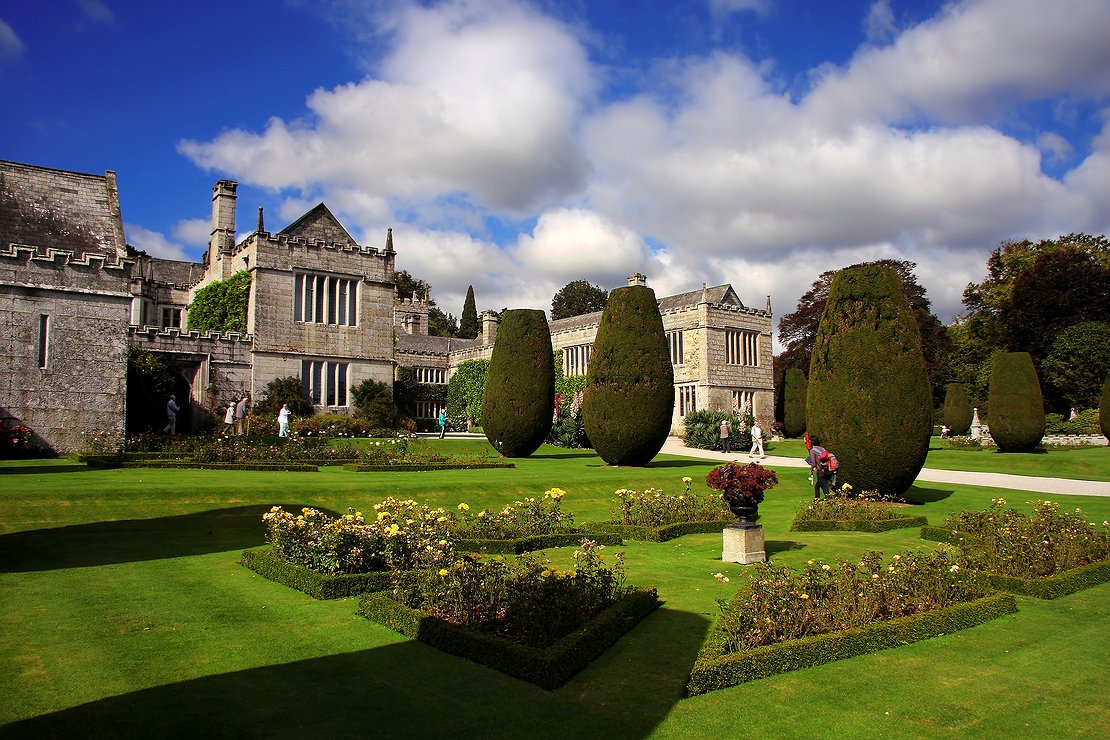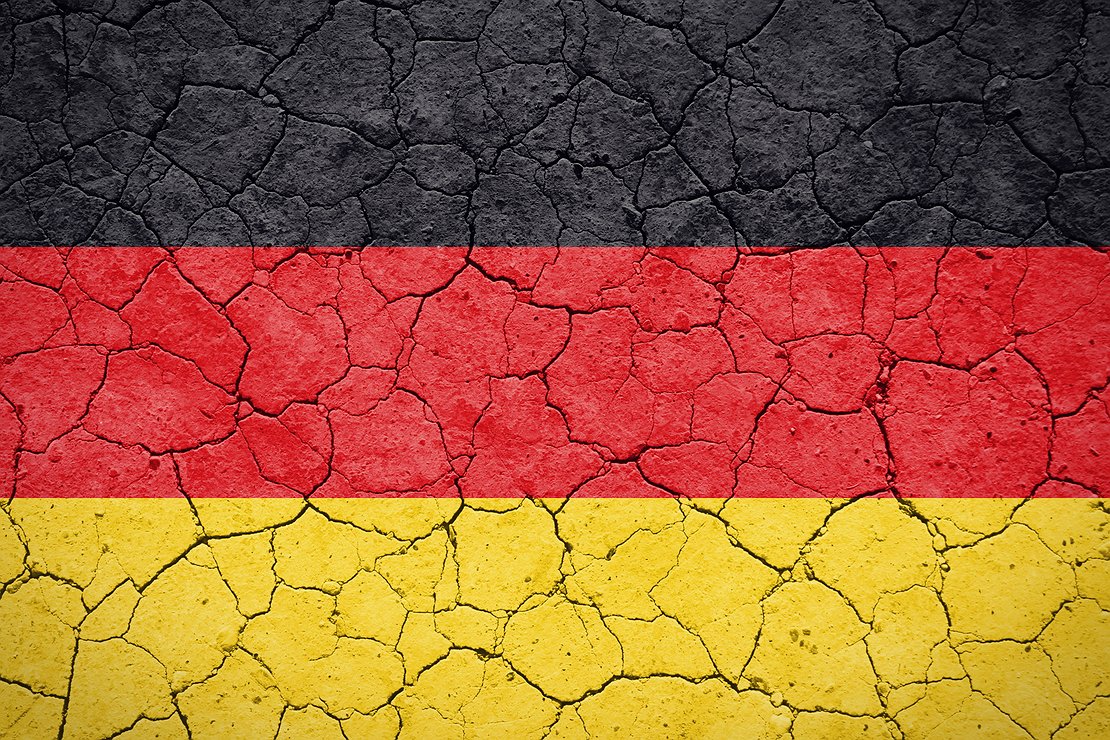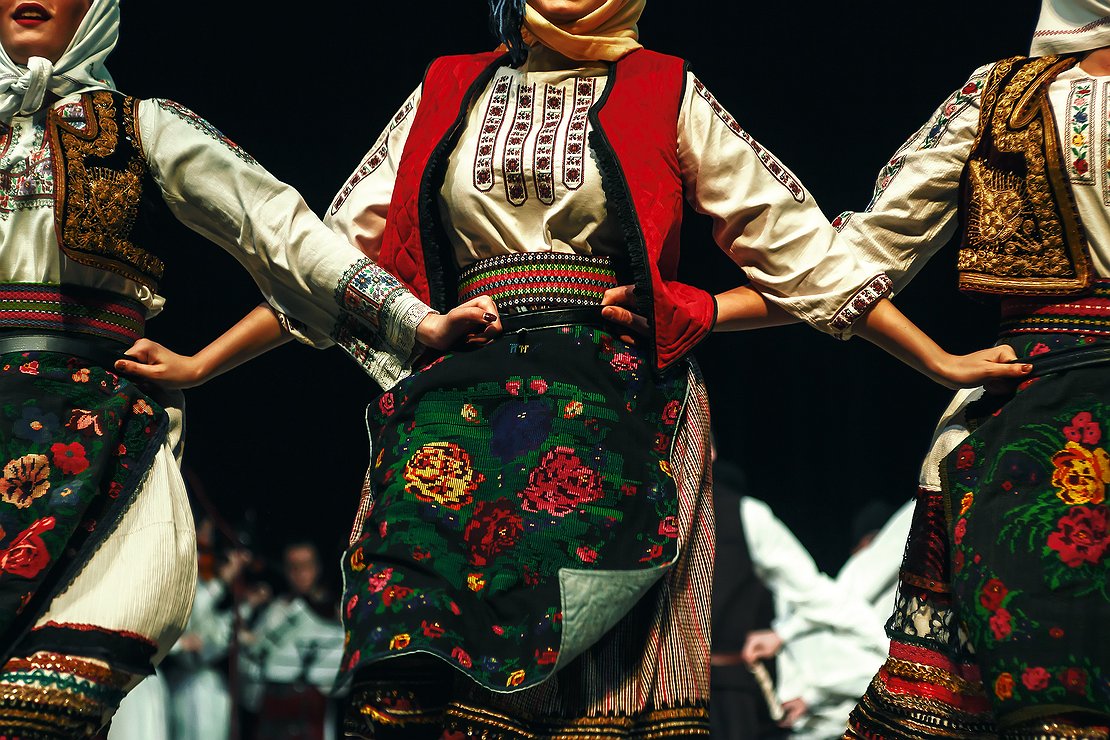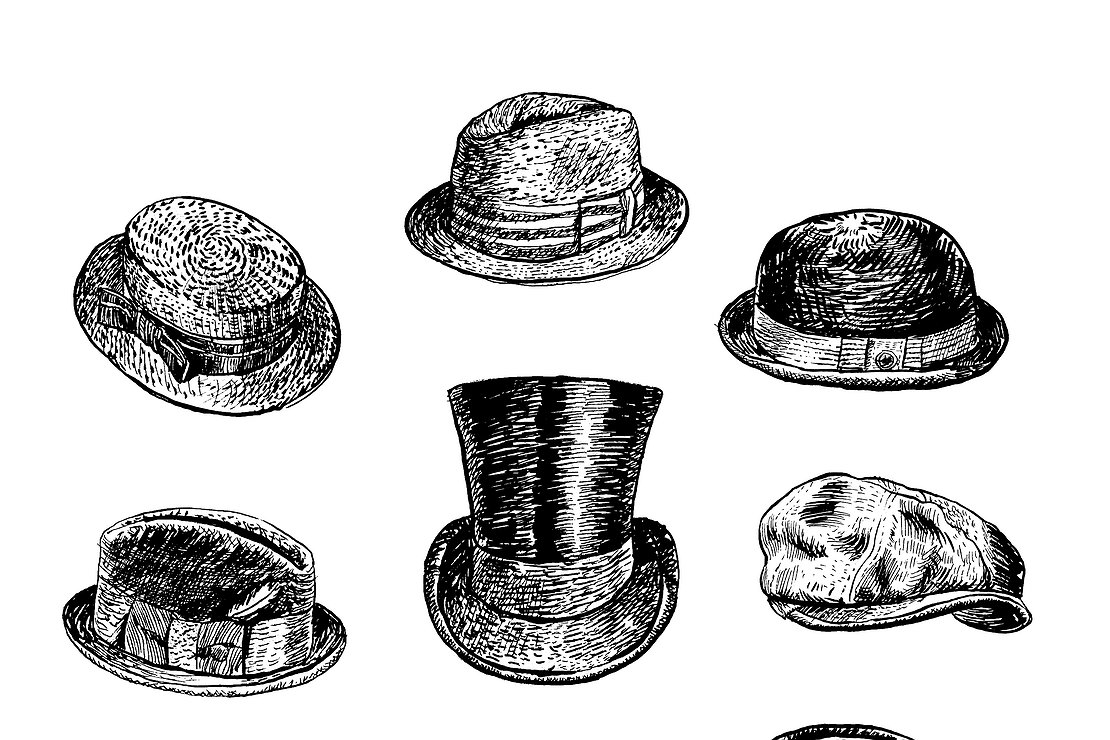
Marginalia:Environmentalism as Romantic Reaction
In the 18th century Western European society began to suffer from a certain amount of tension. An educated middle class emerged and tormented their children with a culturally very fruitful, but politically and ultimately devastating discipline-building project. At the same time, the economic dynamic gained momentum and delegitimized traditional social structures. New knowledge, new technology, new companies and new ideologies challenged the old in a rebellious hubris that by no means corresponded to the body of knowledge at that time. One of the reactions was an impatient institutional hatred that was directed against religion and society and thus nourished the most static structure of all: the state.
In the French-speaking world, this reaction was able to find a political expression based on a stronger bourgeoisie and an earlier homogenization of the nation. Jean-Jacques Rousseau was one of the most important pioneers of a new political ideology. With his ideal of the ‘noble savage’ he opposed civilization and gave birth to an important streak of environmentalism. Ultimately, this tradition is hostile to culture and humanity: by invoking a fictitious golden age, human use of nature is disparaged. With pictures of cultural landscapes in mind, the natural world to be protected is falsely imagined to be an idyllic garden. The representatives of this ideology are mostly city dwellers and intellectuals without any real connection to nature. What Rousseau regarded as ‘nature’ were the stately parks of the villas of his rich mistresses around Lake Geneva.
On the philosophical side, this tradition led to ‘Deep Ecology,’ which equates humans with mosquitoes and ultimately calls for mass suicide. One facet of this thinking is the ‘ecological footprint,’ which calls forth feelings of guilt. Certainly, the biblical motto of subduing the world was exaggerated in the overexcited Western Europe – even human nature was placed under the yoke of imperiousness. But the counter-exaggeration is even worse: it makes the human being a subject, whose right to exist can only be granted by the grace of those intellectuals who anoint themselves as Gaia's high priests.
On the political side, this tradition led to ‘watermelons:’ after the failure of real socialism, environmentalism was discovered as a new substitute religion in the so-called postmodern era, as a reasonto create a sentiment against the market economy and the existing society. The original socialism had dismissed environmental concerns as petit bourgeois. But there was also another reaction to the euphoria of the 18th century, and it flourished where citizens were largely excluded from politics: especially in Germany. This reaction had to have an aesthetic nature and had to make do with cultural and scientific effects. Ecological thinking in the proper sense goes back to this tradition, and it stands in clear contrast to the politicized environmentalism after Rousseau. This aesthetic reaction was romantic, and it encompassed the literary tradition of Romanticism. But it went further than this. Johann Wolfgang von Goethe and Alexander von Humboldt were particularly important for ecological thinking, and they strongly influenced each other. Both turned against the exuberance of their time, which manifested itself in the hubris of educational and political plans, and the desire to discipline and control. In ‘Faust II,’ Goethe recognized the link between modern money creation and interventionist, ‘Faustian’ environmental destruction. In Latin America, Humboldt observed the raging of the centralist-absolutist Spanish state. This led to short-term exploitation instead of sustainable use. For Humboldt, the ill-treatment of slaves was the same phenomenon as the ruthless clearing of forests – both done for plantations commissioned by the Crown.
Ecological thinking of this kind is much more compatible with human freedom. It is based on the insight that the ‘natural preferences’ of humans do not stand in opposition to the sustainable use of natural resources. The best guarantor of such use is private property, because this means the possibility that even ordinary, regular citizens can stand in the way of technocratic plans. The concept of sustainability originates in economics and was only misappropriated by environmentalism. Hans Carl von Carlowitz had written in his treatise on forestry (Sylvicultura oeconomica) about “sustainable use” and thus coined the term. In fact, this concept stands in contrast to the short-termism which characterizes non-owners and above all politicians and impatient ideologues.
Interestingly, in other cultures, too, the actual precursors of ecological thinking were always advocates of the small-scale approach, civic responsibility and self-government – and not centralists or statists. In France, Bertrand de Jouvenel and René Jules Dubos were early pioneers of ecological thinking, in Austria Ivan Illich and Leopold Kohr. Even earlier, however, Henry David Thoreau and Thomas Jefferson were clearly influenced by Alexander von Humboldt in America. Humboldt had derived humility from his observation of nature. His perspective, like that of Thoreau and Jefferson, was certainly anti-modern. As an aesthetic longing, as an emotional excitement, as an inner attitude, however, it was able to offer a basis for very modern lives. Thoreau found in ‘nature’ the strength for tax strikes and system criticism, Jefferson for heroic commitment as the founding father of the young republic, Humboldt for pioneering achievements in the natural sciences. Their ecological thinking led to respect for the complexity of the world and thus also for the complexity of society and people.
Translated from eigentümlich frei, where the original article was published in the November 2018 edition, no. 187,




